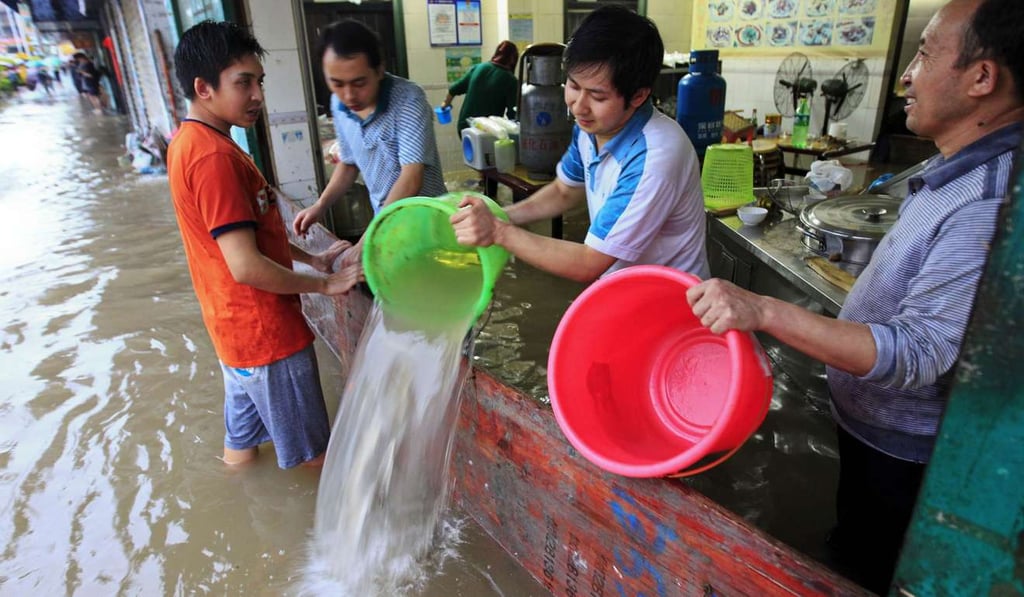In a changing climate, Hong Kong must prepare itself for much worse than a heat wave
David Chen Yongqin says Hong Kong should make plans now to cope with the myriad and far-reaching consequences of climate change, which, when it hits in full, may mean not just more frequent extreme weather but also serious water shortages

Watch: Nasa says Arctic sea ice is not just shrinking, but also becoming younger and thinner
Can you handle the heat? Hong Kong Observatory director forecasts more extreme weather after record-breaking years
The consequences of global warming are not limited to extreme weather conditions or the increasing frequency and intensity of heat waves and cold spells that the media tends to focus on. Floods and droughts of a destructive scale are likely to be another major menace. Populations along coastal regions or major rivers are likely to be the hardest hit. To understand what could happen to Hong Kong in a hotter Earth, we should look at a study conducted jointly by researchers at the Chinese University of Hong Kong and the Commonwealth Scientific and Industrial Research Organisation, that examined the future changes in floods and water availability across China.
The real reason for China’s U-turn on climate change

Using proven hydrologic models and past observed data, the study concludes that in the likely scenario of continued growth in greenhouse gas emissions throughout this century, floods brought about by more frequent and heavier rainfall would increase both in number and intensity in southern China, such as in the Pearl River Basin, in the final three decades of the 21st century. The study also finds that, despite the increase in heavy rainfall, the amount of water that can be retained for human consumption would fall, signifying a potential risk of water shortage in the coming decades.
The findings are quite intuitive. The rise in average temperatures will increase both the rate and amount of moisture evaporating into the atmosphere. With a temperature rise of 1 degree Celsius, the atmosphere is able to hold 7 per cent more water vapour, which would eventually condense and fall back to earth as rain, sleet or hail. Precipitation that falls in heavy torrents will cause widespread floods when rivers and water courses cannot discharge it as quickly as they receive it.
Although the study projects situations over a seemingly distant time horizon, the effects have already emerged. The adverse impact of climate change is being felt now: heavy torrents that had occurred only once every 50 or 100 years in the past are becoming more frequent.